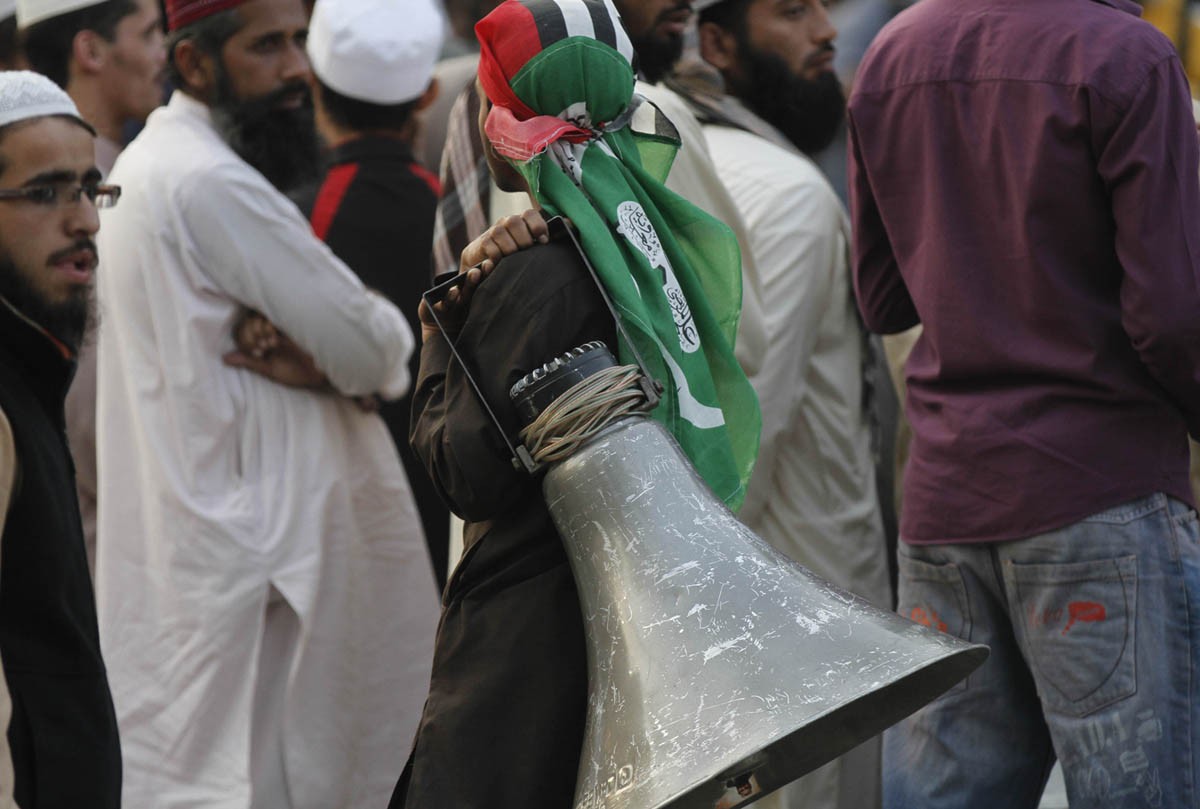

Speech in a country as emotional as ours is always tricky business. It is one of those things where perfectly reasonable people can disagree in different and conflicting yet equally valid ways. One particularly contentious area within the realm of speech is hate speech.
The recent tragic events in Rawalpindi and the subsequent discourse brings this into stark perspective.
Notice also the stark focus on issues relating to identity when hate speech-related discourse is carried out. And this requires particular attention.
Public discourse when dealing with hate speech is always in danger of essentialising entire communities. This is especially true when discourse erupts in the aftermath of human tragedy -- such as the incident in Rawalpindi.
There are two distinct issues right now -- one relates to unfairly blaming entire communities for the actions of individuals within those communities and the other relates to necessity or even desirability of hate speech laws.
Regarding the first issue, one relating to identity, it is important to be mindful of the injustice we commit when we forget the inherent multiplicities of identities all of us possess. Amartya Sen has written about this and has raised powerful points including his argument that defining someone as a Shia or a Sunni ignores equally other important facets of identity -- being a male or female, a Pakistani, a Punjabi or Sindhi for that matter, a cricket fan or a human being. Reducing these identities and in fact ignoring them in order to focus on one hides things that we cannot and must not ignore.
Wouldn’t the view taken of the Rawalpindi incident be different if we said that individuals violated the law rather than trying to figure out whether it was members of the Sunni or Shia community who were responsible? There is little or no value in tainting or victimising entire communities. How does linking violation of the law to identities of perpetrators help us in controlling such instances?
Such an approach will only engender existing biases or give rise to new ones.
Democratic governments in environments as volatile as ours have nothing to gain from this. Being a human being is a more essential part of anyone’s identity than any identity that may become more important in a given context. However, this is not meant to deny that humans themselves value certain facets of their identity. But without prejudice to this, even though a particular identity may be more important to a human being it does not mean that governments will make life any easier for themselves. One hopes that any judicial inquiry into this issue will not focus on communities but individuals. The lens of identity matters but the state needs to engage with it in a rational manner.
The other issue is hate speech and there have been calls for legislation on this. Firstly, bringing out a new law will not make any real difference since lack of legislation is not our biggest problem. Implementing the law will remain a challenge.
Assuming we can implement such a law, this still does not answer the question whether a hate speech law is desirable. How far will we go in banning hate speech? What will the tests be and which communities will be affected the most -- particularly when the law is abused?
The choking effect on speech that hate speech laws have also needs to be considered. This isn’t a society where there is a tradition of vibrant discourse on other issues. All speech can then be affected.
These and other things should remind us of the possible pitfalls.